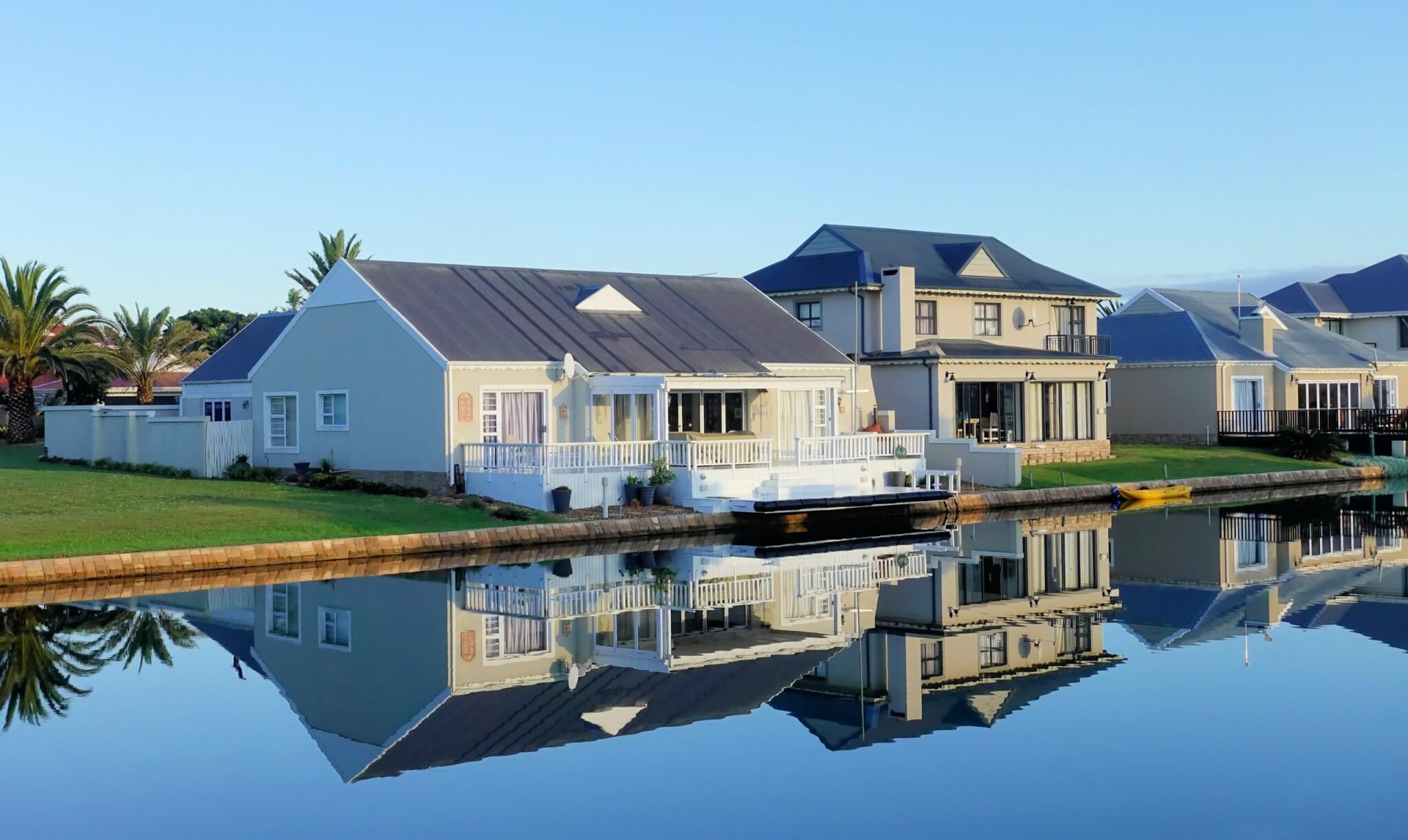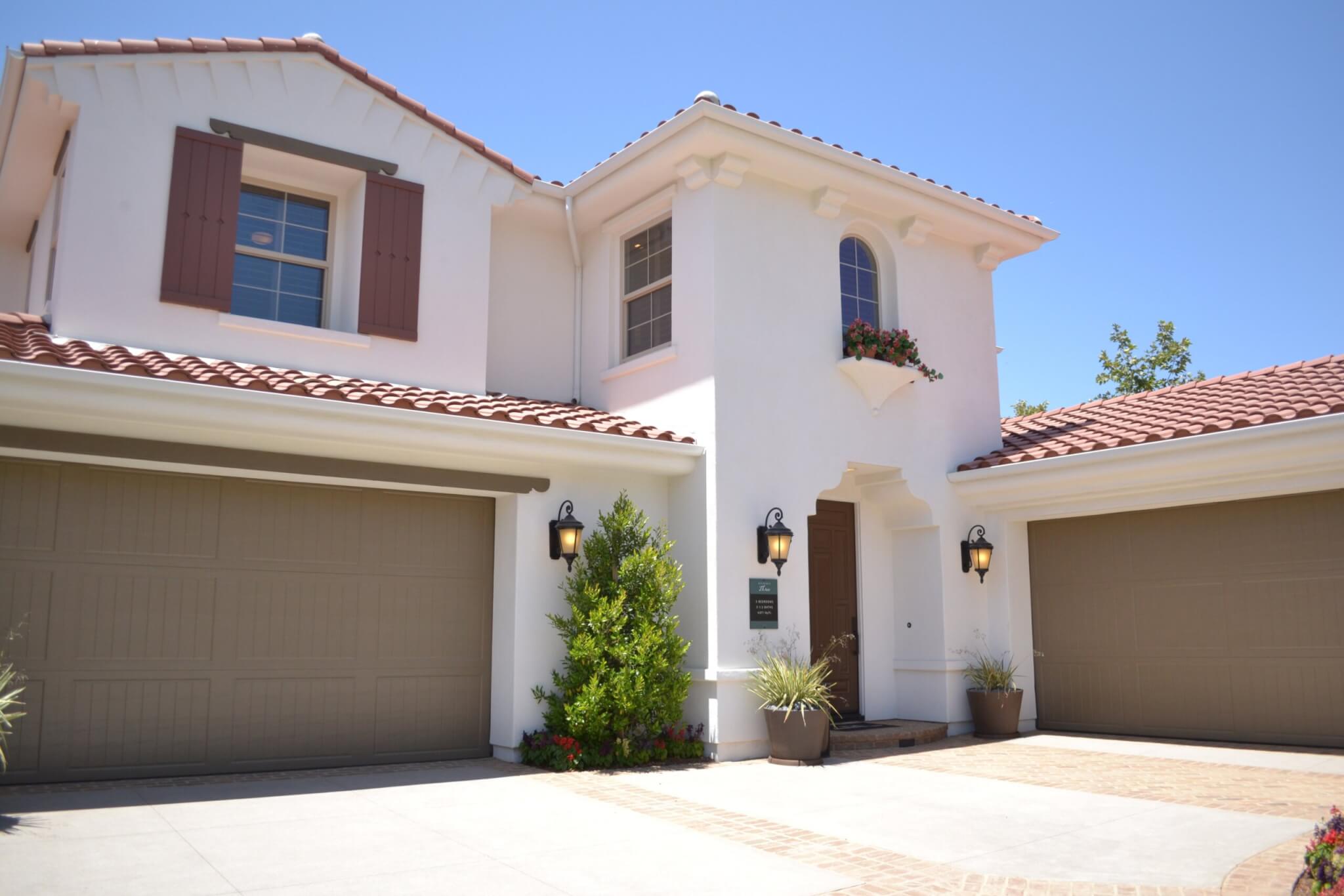All you want is insurance…why is it so hard to choose?
Let’s go over the different types of home insurance policies to help narrow down your options.
Purchasing insurance can be one of the most difficult decisions to make as a homeowner.
From analyzing your budget to understanding your Declarations page (what does all that jargon mean?!), you might be tempted to pick the cheapest policy insurers offer and call it a day.
Not so fast!
In this article, we’ll go over the eight different types of home insurance and how to find the right policy for you.
There Are Different Types of Home Insurance Policies?
You’ve probably heard people (including insurance agents) refer to “home insurance” as if it were a single product distinct from, say, auto or life insurance.
The reality is that there are multiple types of homeowners insurance, each with its own set of coverages and exclusions.
- HO1 (“basic form”) – This is the most basic home insurance policy available, only covering losses caused by 10 perils: fire, lightning, windstorm/hail, explosion, riot or civil commotion, falling objects (such as trees), vehicles, smoke, vandalism, and theft.
- HO2 (“broad form”) – HO2 policies are similar to HO1 policies, in that they cover losses caused only by perils specifically named in the policy. The difference is that HO2 covers a total of 16—the 10 covered by the HO1 policy, as well as the weight of ice, snow, or sleet; accidental overflow of water or stream; freezing; sudden electrical surges; sudden tearing, burning, cracking, or bulging of electrical appliances; and volcanic eruption.
- HO3 (“special form”) – The most common home insurance policy, HO3 is known as an “all risk” policy, as it provides coverage against all risks except for those specifically excluded in the policy. (Personal belongings are only protected against named risks.)
- HO4 (“contents broad form”) – Also known as renter’s insurance, this policy covers 16 named perils for personal property only. The structure itself is covered under property owner’s insurance.
- HO5 (“comprehensive form”) – HO5 policies are similar to HO3 policies. Both offer “all risk” coverage for the structure, but HO5 policies also offer all risk personal property coverage.
- HO6 (“unit owners form”) – Typically referred to as condo insurance, this policy offers “walls-in coverage” against 16 named perils.
- HO7 (“mobile home form”) – This type of home insurance policy is specifically designed for tiny homes, mobile homes, and trailers.
- HO8 (“modified coverage form”) – HO8 policies offer a unique form of coverage that can be especially beneficial for older homes that don’t qualify for an HO3 policy. It covers 10 perils, with reimbursement on actual cash value rather than replacement cost.
If you’ve only recently become a Florida resident, you might be surprised by what your homeowners insurance covers. Nearly every carrier has an endorsement titled something like “Special Changes for Florida” that narrows the scope of coverage versus the national standard. They aim at (but are not limited to) outdoor property for the peril of a windstorm (i.e. fences, antennas, satellite dishes, etc.).
Which Home Insurance Policy Should You Choose?
Although there are eight types of coverage available, your choices are often limited by the type of dwelling you own as well as what’s available in the marketplace.
For example, renters and condo owners would purchase an HO4 or HO6 policy, respectively. Similarly, mobile homes can be covered by an HO7.
For single family homes, you have a bit more choice.
While rare, there are some Florida carriers that sell HO1 and HO2 policies. Our advice? Stay away! These are sometimes marketed as “Basic Choice” policies but they offer far less coverage than is safe.
HO8 policies are best for older or historic homes that would be impossible to rebuild exactly as they were, as certain materials simply may not be available anymore. Rather than insuring the home according to the replacement value (i.e. the cost to rebuild the home exactly as it was), HO8 policies would reimburse according to an agreed-upon value.
For single family homes (that aren’t on the National Historic Register!), the choice is between an HO3 and an HO5.
If you live in Florida, you might find it difficult to find a carrier that offers an HO5 policy, but they do exist! If having the extra protection is worth it to you, discuss your options with your independent insurance agent, so they can point you in the right direction.
What Does an HO3 Policy Cover?
The standard HO3 policy offers:
- Dwelling coverage for the physical structure of your home any other buildings (such as a shed or detached garage);
- Other Structures (such as a shed or detached garage);
- Personal property coverage;
- Additional living expenses you might incur if your home becomes temporarily uninhabitable;
- Personal liability coverage (for injuries to a third party for which you are held liable);
- Medical payments for injuries to a third party for which you are not held liable.
Just because you are limited to HO3 doesn’t mean you don’t have any choice when it comes to your home insurance coverage. Most carriers offer multiple options of coverage limits, deductibles, and more.
HO3 vs. HO5
At first glance, HO3 and HO5 policies seem nearly identical. But there is a key difference between the two, and it all comes down to how they deal with personal property.
Both HO3 and HO5 policies provide “all risk” coverage, which means they provide protection against any risk that isn’t specifically excluded in your policy. But in a HO3 policy, this “all risk” protection only applies to damage to your home—not your personal belongings.
Optional Coverages
In our professional opinion, there are very few instances in which the standard homeowners policy is adequate coverage. Luckily, there are a selection of different riders or secondary policies to help you create the perfect safety net.
Some optional coverages that we encounter frequently:
- Flood Insurance (usually a separate policy offered through the National Flood Insurance Program)
- Umbrella Insurance (available as a secondary policy)
- Ordinance or Law Coverage
- Personal Injury
- Jewelry (available as both a rider and a stand-alone policy)
- Water Back-Up and Sump Pump Overflow
- Fungi, Wet or Dry Rot, Bacteria
By no means is this an all-inclusive list of every additional policy on the marketplace. There are hundreds of insurance coverages that protect against all kinds of risks—even weird ones, like ghosts!
Talk To an Independent Agent
The insurance marketplace can be a confusing and overwhelming place…if you don’t have access to the right resources.
As a second-generation insurance agency, insurance is literally in our blood. Our agents have extensive knowledge about the types of auto, life, and home insurance policies that are available and know exactly how to find a policy that fits your budget and your individual needs. We can also assist you with filing a claim.
Call today to see how we can help!











Comments (8)
Clare Martin
February 15, 2024I appreciate you letting us know that the most basic form of home insurance covers losses caused by perils like fire, lightning, windstorm, explosion, theft, and so on, but if we want something against all risks, we should consider HO3 for our home insurance instead. I am buying a house in Rock Hill this March, so I need to prepare an insurance plan for it soon to keep it protected moving forward. I’ll take note of this while I look for an insurance company in Rock Hill to call for inquiries about their policy soon.
Elle Jones
January 18, 2024I like that you said that HO8 policies work best for older or historic houses that aren’t able to be reconstructed exactly as they were since certain materials might not be easily obtained. HO8 insurance makes sense in my opinion since it pays out according to a predetermined value instead of the cost to replace the house with a comparable one. The reason I’m researching this is so I may acquire single-family house insurance to safeguard the asset my spouse and I have fought so hard to acquire. I appreciate the advice.
Lily
January 9, 2024It makes so much sense that older or historic properties that would be difficult to restore to their original state are best suited for HO8 policies since some materials might not be readily accessible. As you said, HO8 insurance would pay out based on a predetermined value rather than the replacement value, which would be the cost to rebuild the house precisely as it was. My colleague bought this historic, old house last month so she can benefit from reading this. It’ll make her feel at ease if she gets some sort of homeowners insurance for that property, considering its age and value.
Clare Martin
November 10, 2023I am thankful you informed us that most homeowners go with HO3 when availing of home insurance since it is known as an all-risk policy that can help provide us with coverage against all risks except for those specifically stated to be excluded. I moved to a new house in Charleston about a week ago, so I need to get the house insured soon if I want to keep the property and our family protected financially if an emergency happens. I’ll keep this in mind while I look for a home insurance agent in Charleston to hire for help soon.
Lily Bridgers
August 19, 2023You explained it so well when you said that older or historic properties that couldn’t be rebuilt precisely as they were are best suited for HO8 policies since some materials might not be readily accessible. I can see how an HO8 insurance would pay out in accordance with an agreed-upon value rather than insuring the house based on replacement value (i.e., the price to rebuild it exactly as it was). I am actually looking this up because I want to get single-family home insurance to protect the property my husband and I worked hard to purchase. Thanks for the tips.
Taylor Abrams
August 16, 2023Oh wow, I had no idea that older or historic properties that couldn’t be rebuilt precisely as they were are best suited for HO8 policies since some materials might not be readily accessible. Speaking of, after inheriting a duplex property from our grandparents, my sister saw the potential for rental income but also realized the added responsibilities. Concerned about safeguarding the property against any mishaps, whether from tenants or unforeseen events, she began researching home insurance policies to ensure comprehensive coverage that would not only protect her investment but also provide peace of mind as a first-time landlord.
Lily Bridgers
June 23, 2023Since I recently become a homeowner, I can completely identify with the section where you said that, if you don’t have access to the correct information, the insurance market can be a complicated and daunting area. Since I am completely ignorant of house insurance, I am unsure of how the coverages you suggested could be able to assist me. Perhaps I should speak with an insurance company directly to see what would work best for me.
Julie Levine
June 23, 2023Hi Lily,
Thank you for responding to our blog post. We would be happy to discuss your insurance needs and help explain the process and coverages. Insurance is confusing and they don’t teach it in school. I always say we speak our own language. We would be happy to help you. Give us a call!